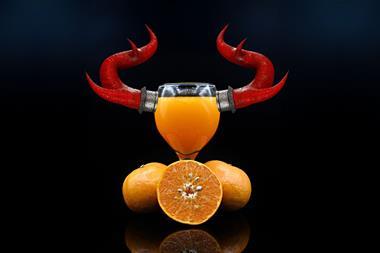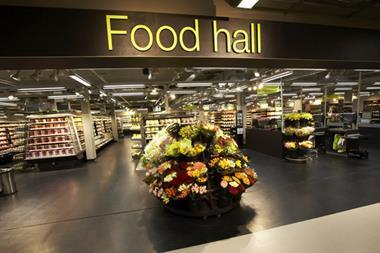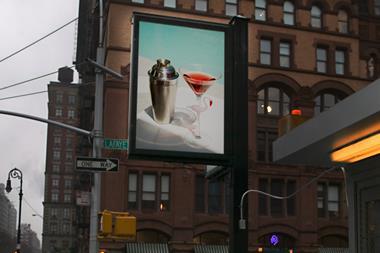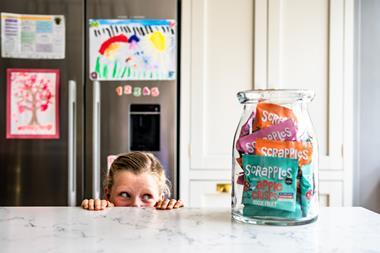Ofcom has delayed the implementation of its ban on advertising high fat, salt and sugar (HFSS) foods to children, while big manufacturers have lodged objections to proposals to extend its reach.
The new rules that prevent advertising of HFSS foods during children's
programming and any programme of particular appeal to children were due to come into force at the end of January but will now be pushed back to February.
Ofcom announced it was to ban HFSS advertising to under-nines in November, but surprised the industry with its intention to extend the ban to any programmes that would appeal to under-16s. This proposal was put out to consultation and the ruling was expected before the end of the year. However, due to requests for extra time to respond to the proposals, the decision has been delayed.
"We will need to take a couple of weeks to review the responses and assess the information supplied," said an Ofcom spokesman.
Coca-Cola Enterprises, GlaxoSmithKline, Kellogg, Kraft, Masterfoods and McDonalds, as well as the Food and Drink Federation, the Food Advertising Unit and the Provision Trade Federation, have all strongly objected to Ofcom's proposal to extend the legislation to children under 16.
Coca-Cola's response states: "We believe that this approach would unfairly prohibit soft drink advertising on adult TV programmes and would not affect childhood obesity or influence childhood dietary preferences."
Kraft's submission states that extending the age limit is beyond Ofcom's original remit and claims the Food Standard Agency's nutrient profiling model used to decide which foods are HFSS is fundamentally flawed.
"As a new model, it has yet to be properly tested 'in the field'," says Kraft.
But the extension to ban advertising to under-16s also has its supporters, such as the British Medical Association and Which?
The new rules that prevent advertising of HFSS foods during children's
programming and any programme of particular appeal to children were due to come into force at the end of January but will now be pushed back to February.
Ofcom announced it was to ban HFSS advertising to under-nines in November, but surprised the industry with its intention to extend the ban to any programmes that would appeal to under-16s. This proposal was put out to consultation and the ruling was expected before the end of the year. However, due to requests for extra time to respond to the proposals, the decision has been delayed.
"We will need to take a couple of weeks to review the responses and assess the information supplied," said an Ofcom spokesman.
Coca-Cola Enterprises, GlaxoSmithKline, Kellogg, Kraft, Masterfoods and McDonalds, as well as the Food and Drink Federation, the Food Advertising Unit and the Provision Trade Federation, have all strongly objected to Ofcom's proposal to extend the legislation to children under 16.
Coca-Cola's response states: "We believe that this approach would unfairly prohibit soft drink advertising on adult TV programmes and would not affect childhood obesity or influence childhood dietary preferences."
Kraft's submission states that extending the age limit is beyond Ofcom's original remit and claims the Food Standard Agency's nutrient profiling model used to decide which foods are HFSS is fundamentally flawed.
"As a new model, it has yet to be properly tested 'in the field'," says Kraft.
But the extension to ban advertising to under-16s also has its supporters, such as the British Medical Association and Which?



















No comments yet